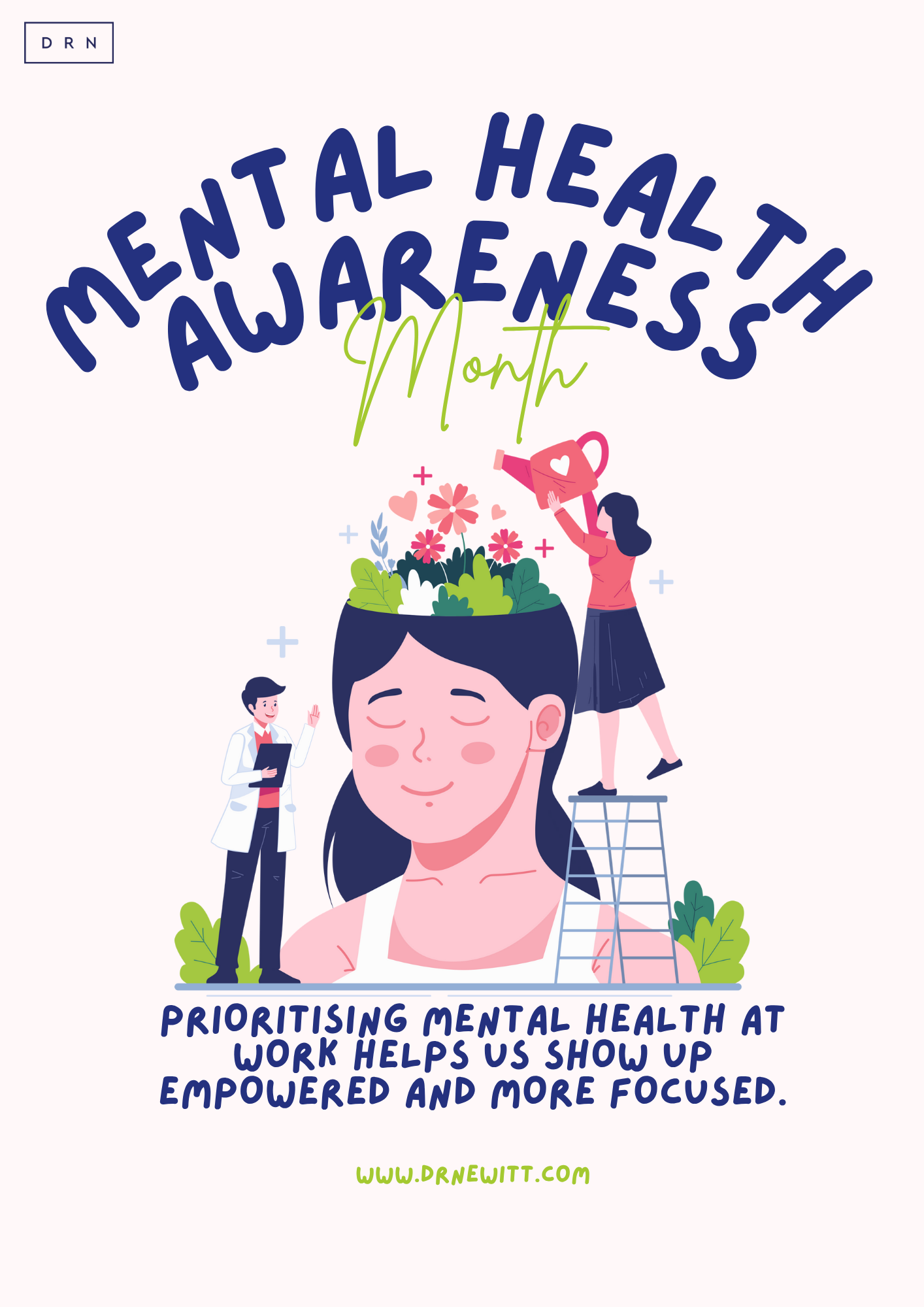
Why Supporting Wellbeing at Work Matters Now More Than Ever
Mental Health Awareness Month: Why Supporting Wellbeing at Work Matters Now More Than Ever
Mental Health Awareness Month, observed every May, is a powerful reminder of how vital mental wellbeing is—not just in our personal lives, but also in the workplace. As awareness grows, it’s crucial to take a thoughtful look at what mental health means for employees and employers alike, and why fostering supportive environments is more important now than ever.
The Changing Landscape of Mental Health
There’s a common misconception that mental health issues are on the rise. However, research suggests that the prevalence of mental health conditions has remained relatively stable over time. What has truly changed is the level of education, openness, and dialogue around mental health. People today are less likely to suffer in silence because they understand more about mental health, reducing stigma and encouraging early support-seeking.
According to a 2023 report by the World Health Organization, nearly one in eight people worldwide live with a mental health condition, but many remain undiagnosed or untreated due to fear or stigma. The increased conversation in workplaces and communities is helping to close that gap.
Why Mental Health Matters at Work
Mental health directly affects how employees perform, engage, and connect with their colleagues. Poor mental well-being can lead to increased absenteeism, lower productivity, and higher turnover. On the flip side, workplaces that actively support mental health create stronger, more resilient teams.
The Mental Health Foundation highlights that employers who invest in mental health support see not only improved employee well-being but also business benefits, including enhanced creativity, reduced sick days, and better overall morale.
The Employer’s Role in Supporting Mental Health
Creating a mentally healthy workplace isn’t about ticking boxes or running a one-off awareness campaign—it’s about cultivating an ongoing culture of understanding and support. This means:
Providing accessible mental health resources and support programs
Training managers to recognise and respond to mental health issues
Encouraging open conversations without fear of judgement
Promoting work-life balance and flexible working where possible
It’s also important to remember that mental health challenges don’t discriminate. Employees may not always “look” like they’re struggling, so fostering an environment of empathy and trust is key.
Moving Beyond “Toxic Positivity”
While it’s great to promote positive attitudes towards mental health, it’s equally important to acknowledge the real challenges people face. Genuine support recognises the ups and downs and offers practical help rather than just optimistic platitudes.
How to Take Action This May—and Beyond
As we mark Mental Health Awareness Month, organisations can:
Host workshops or webinars to educate teams on mental health
Share stories and resources to normalise conversations.
Check in regularly with employees and leaders alike.
Review policies to ensure mental well-being is embedded in workplace culture.
Mental health is not just a personal issue; it’s a collective responsibility. By embracing openness, education, and proactive support, we can build workplaces where everyone has the chance to thrive.










